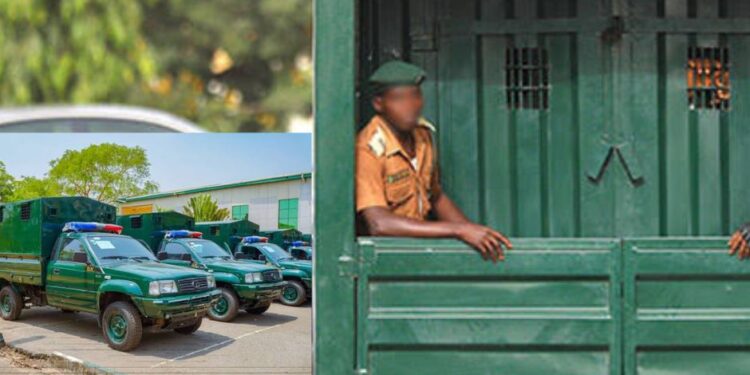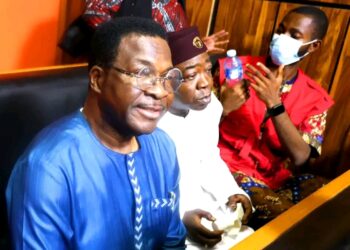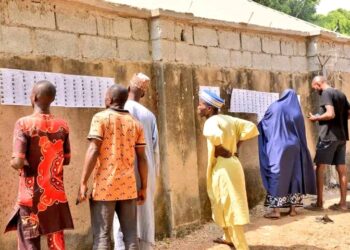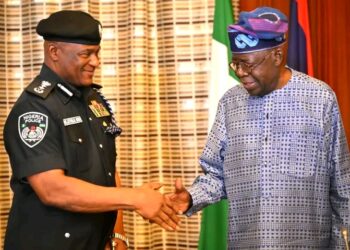The Independent National Electoral Commission (INEC) and the Nigerian Correctional Service (NCoS) have opened discussions on the possibility of granting voting rights to inmates across the country.
This development followed a meeting between INEC Chairman, Professor Mahmood Yakubu, and the Controller General of NCoS, Sylvester Ndidi Nwakuche Ofori, at INEC headquarters in Abuja; a session marking Ofori’s first official visit to the Commission since his appointment.
Ofori raised concerns about the exclusion of inmates from the electoral process, particularly the majority who are awaiting trial, stating that out of the over 81,000 people in custody, more than 66 percent have not been convicted and, under the law, are presumed innocent.
“Anybody can find themselves on the other side of the law,” Ofori stated. “We need to be careful how they are treated. They have rights, and one of those rights is the right to vote. The fact that they are incarcerated should not strip them of their citizenship.”
Referring to a significant court decision delivered in Benin and resolutions by the National Assembly, Ofori urged INEC to explore ways to include inmates in future elections. He stressed the need for electoral authorities to begin working towards accommodating this group while upholding safety and transparency.
“I am here to see how we can, even if not immediately, in the future, extend this fundamental right to inmates,” he said.
In response, Professor Yakubu expressed INEC’s readiness to consider the proposal, pointing to examples from other African countries such as Ghana, Kenya, and South Africa, where inmates are already allowed to vote. He also referenced judgments delivered in 2014 and 2018, which affirmed the voting rights of inmates awaiting trial.
He disclosed that a joint technical committee had previously been set up by both institutions to assess the legal and operational landscape for prisoner voting. The team examined issues such as identifying facility locations, classifying inmates, and addressing voter registration, polling logistics, and access for political parties, observers, and journalists.
“Working together, we can seize the opportunity of ongoing electoral reform for a clear legal provision that will specifically cover citizens serving time in our correctional facilities,” Yakubu said. “Our immediate task is to engage with the National Assembly for clarity and legal backing.”
Both Ofori and Yakubu noted the complexities of electioneering within prison environments, including the security implications, campaign regulations, and questions over eligibility, particularly for convicted inmates. Still, they expressed confidence that with input from civil society and electoral stakeholders, a workable solution can be reached.
Organisations like the Carmelite Prisoners’ Interest Organization (CAPIO) have long campaigned for the inclusion of inmates in elections, arguing that it aligns with broader democratic principles.
While no timeline was announced, the meeting signaled a growing consensus between INEC and the Correctional Service on the need to address the disenfranchisement of incarcerated Nigerians.





